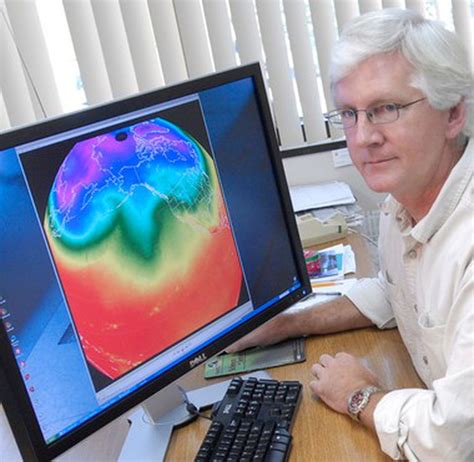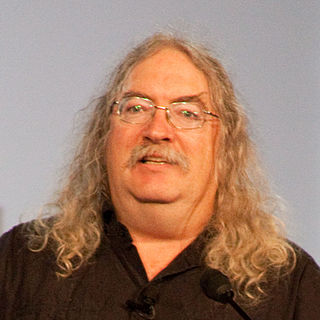A Quote by Ivan Illich
By the early seventeenth century, a new consensus began to arise: the idea that man was born incompetent for society and remained so unless he was provided with 'education.'
Related Quotes
Scottish operative lodges began in the seventeenth century to admit non-operative members as accepted or gentleman masons and that by the early eighteenth century in some lodges the accepted or gentleman masons had gained the ascendancy: those lodges became, in turn speculative lodges, whilst others continued their purely operative nature. The speculative lodges eventually combined to form the Grand Lodge of Scotland in 1736.
Just as a man cannot live in the flesh unless he is born in the flesh, even so a man cannot have the spiritual life of grace unless he is born again spiritually. This regeneration is effected by Baptism: "Unless a man is born again of water and the Holy Spirit, he cannot enter into the kingdom of God" (Jn 3:5)
Politicians and some of the scientists like to say that there's a consensus now on global warming or the science has been settled, but you have to ask them, what is there a consensus on? Because it really makes a difference. What are you talking about? The only consensus I`m aware of is that it's warmed in the last century. They completely ignore the fact that there's this thing called the Oregon petition that was signed by 19,000 professionals and scientists who don't agree with the idea that we are causing climate change.
The aim of education is to enable individuals to continue their education ... (and) the object and reward of learning is continued capacity for growth. Now this idea cannot be applied to all the members of a society except where intercourse of man with man is mutual, and except where there is adequate provision for the reconstruction of social habits and institutions by means of wide stimulation arising from equitably distributed interests. And this means a democratic society.
The idea that each individual has intrinsic, God-given value and is of infinite worth quite apart from any social contribution - an idea most pagans would have rejected as absurd - persists today as the ethical basis of western law and politics. Our secularized western idea of democratic society owes much to that early Christian vision of a new society - a society no longer formed by the natural bonds of family, tribe, or nation but by the voluntary choice of its members.
We should have scant notion of the gardens of these New England colonists in the seventeenth century were it not for a cheerful traveller named John Josselyn, a man of everyday tastes and much inquisitiveness, and the pleasing literary style which comes from directness, and an absence of self-consciousness.
I have this idea of a Taiwan Consensus, which means people in Taiwan have to get together and form a consensus of their own and that they turn around to talk to the Chinese to form a cross-strait consensus so we can build a relationship on that consensus. And in my view, that is the right order to do things.
The object of a New Year is not that we should have a new year. It is that we should have a new soul and a new nose; new feet, a new backbone, new ears, and new eyes. Unless a particular man made New Year resolutions, he would make no resolutions. Unless a man starts afresh about things, he will certainly do nothing effective.






































